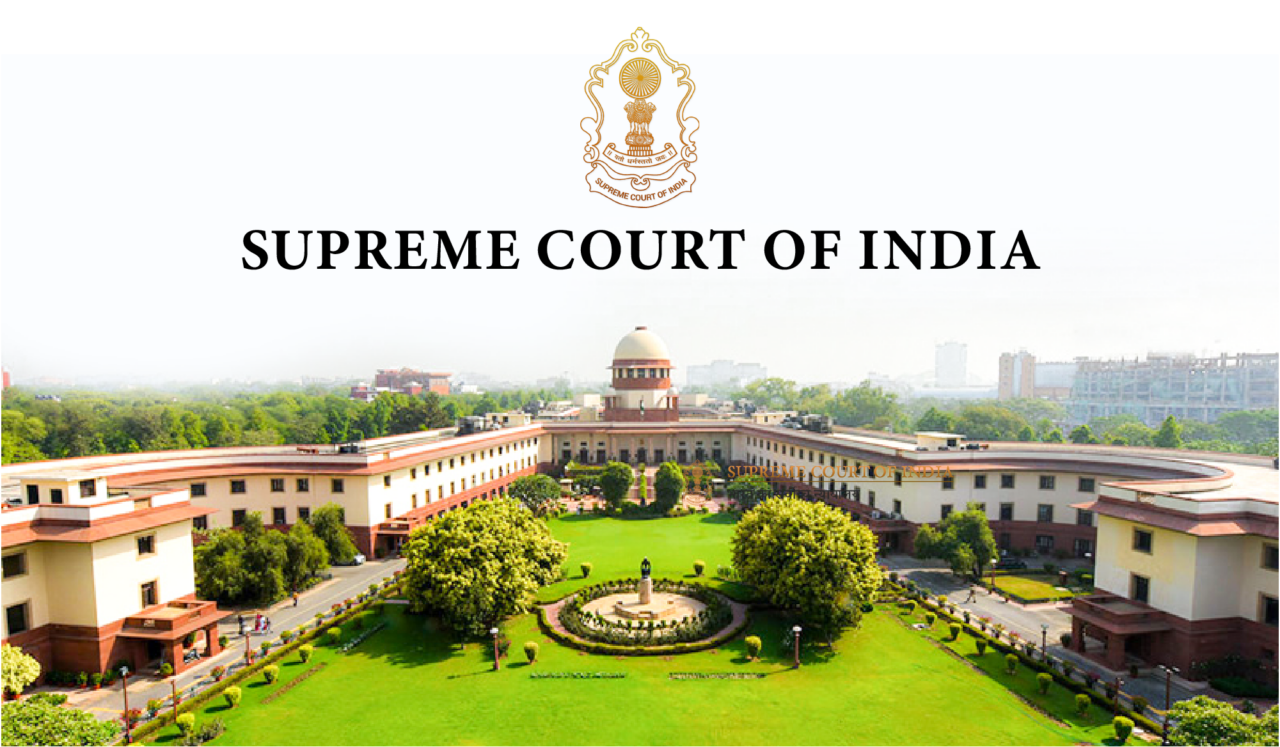The Supreme Court of India passed a landmark judgment on 28 September 2018 in which it upheld the basic structure doctrine and stopped the center’s blatant misuse of Article 356 (state emergency). This was seen in the case of S.R. Bommai vs Union Of India (1994 AIR 1918, 1994 SCC (3) 1)which was presided over by Justice Kuldip Singh, Justice P.B. Sawant, Justice Katikithala Ramaswamy, Justice S.C. Agrawal, Justice Yogeshwar Dayal, Justice B.P. Jeevan Reddy, Justice S.R. Pandian, Justice A.M. Ahmadi, Justice J.S. Verma.
FACTS OF THE CASE:
SR Bommai served as the chief minister of Karnataka from August 1988 to April 1989. He led a Janata Dal administration that was deposed on April 21, 1989, when Karnataka was placed under President’s Rule (Article 356). Until then, it was a customary practise to impose Article 356 on states run by opposing parties (to the one in power).
Due to the defection of 19 MLAs, the government was removed from office on April 21, 1989, in accordance with Article 356 of the Indian Constitution. As a result, the governor sent the president this information and advised him to exercise his authority under Article 356(1) of the Indian Constitution. Bommai was not given the opportunity to demonstrate that his party was in the majority, which is why he petitioned the High Court, which dismissed the writ case, prompting him to seek redress in the Supreme Court.
The Supreme Court considered the matter and formulated the following issues:
- Is the president’s regulation imposed on the six states constitutionally valid?
- Whether or not the president has broken the rules in order to proclaim Article 356(1) of the Indian Constitution. The answer to this question is determined by the responses to the following questions:
- If so, how broad is the judicial review in this case?
- What does Article 356 (1)’s language “a situation has arisen in which the government of the state cannot be carried on under the provisions of this constitution” mean?
JUDGEMENT:
Article 356 gives the President extraordinary power. This ability should be used sparingly and with extreme caution. The court cited Dr. B.R. Ambedkar’s comments in Article 356. He reasoned that emergency events will entice the most odd people. The court also approved the Sarkaria Commission’s proposals for using Article 356. The Commission proposed that notification be given to the State before invoking Article 356 (1) on specified conditions. Every option should be exhausted in order to keep the situation under control, and all attempts to tackle the problem of State standards must be addressed.
Though Article 356 does not directly mention legislative dissolution, such powers are implied under Article 356 (1). (a). The Governor has the authority to adjourn the Legislative Assembly and the President under Article 174(2)(b), and you assign your rights and duties to both the Government and the Governor under Article 356(1)(a). He dissolved the Legislative Assembly as part of the notification made under Article 356(1), or by the order listed below. Article 356 (3) requires the proclamation to be submitted before both houses of parliament, according to the court that coordinated the right to dissolve the legislature. Under Article 356(1)(c), the President has the authority to refuse the Legislature before the announcement is approved by the Parliament.
The High Court or the Supreme Court may hear a writ petition challenging the proclamation if it is satisfied that the writ petition presents an arguable question about the proclamation’s constitutionality. If the situation calls for it, the court may also postpone the Legislative Assembly’s dissolution. If the Court rules that a declaration is invalid, even if it is approved by both Houses of Parliament, the Court may restore the status quo in the proclamation and thus reinstate the Legislature Meeting with the Department.
The powers of the President under Article 356 of the Indian Constitution were thought to be constitutional rather than absolute.
“PRIME LEGAL is a full-service law firm that has won a National Award and has more than 20 years of experience in an array of sectors and practice areas. Prime legal fall into a category of best law firm, best lawyer, best family lawyer, best divorce lawyer, best divorce law firm, best criminal lawyer, best criminal law firm, best consumer lawyer, best civil lawyer.”
JUDGEMENT REVIEWED BY RAMASHESHAN P K.


